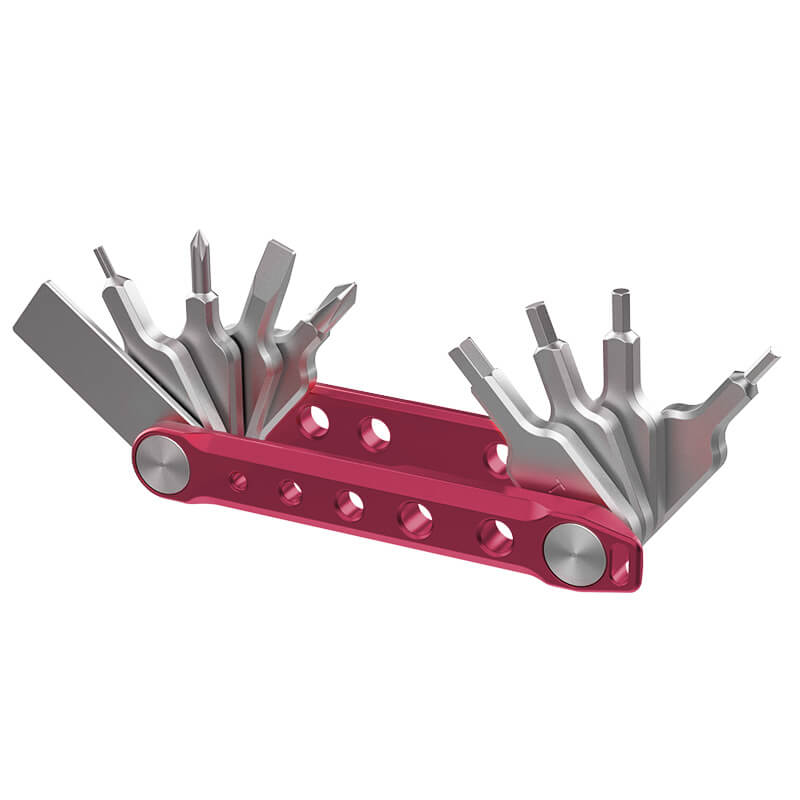Your camera gear is important for capturing your travel experiences. From stunning sunsets to candid moments with locals, each photo adds to your collection of memories. If you lose or damage your equipment, you might lose those special moments forever. Keeping your gear safe helps you keep making lasting memories on your trips. But how can you protect your camera gear to ensure it stays safe? This blog will share 13 practical strategies to help you protect your investment and your precious memories. Let's explore these tips together!

1. Check the Safety Condition of Your Travel Spot
Before you start your trip, it's important to check the safety conditions of your destination, especially regarding camera gear theft. Some places have higher rates of theft, particularly for cameras and other equipment. Use online resources like travel forums, review sites, or local warnings to learn more about the risks in your chosen location. This knowledge will help you decide when and where it's safe to use your gear.
2. Keep Your Gear Safe by Carrying It On
Whenever you can, carry your camera gear as hand luggage instead of checking it in. Checked bags often get handled roughly, and there's always a chance they could get lost. Keeping your equipment with you helps keep it safe from damage or theft during your travels. If you have multiple devices, think about putting your gear in different bags. This way, if one bag goes missing, you'll still have some equipment to use.
3. Use High-Quality Camera Bags

Look for bags made from strong materials that are waterproof and have padding to absorb shocks. A good bag should have padded compartments to keep your camera and lenses safe from bumping into each other while you travel. Also, a noticeable camera bag can attract unwanted attention and make you a target for thieves. To reduce this risk, choose a bag without big logos or flashy designs. Instead, pick a bag that looks like a regular backpack or messenger bag. This way, you'll blend in better, making it less likely that someone will see you as a target.

4. Get Insurance for Your Camera Gear
Think about getting travel insurance that covers your camera equipment. This insurance can help you get money back if your gear is damaged, stolen, or lost during your trip. This is especially important if you have expensive cameras and lenses since replacing them can cost a lot.
When choosing insurance, compare different plans to find one that works for you. Some plans cover accidental damage, while others only cover theft. Make sure the policy covers international travel if you're going abroad, as some might have limits. Also, keep a detailed list of your equipment, including serial numbers and receipts. This will make it easier to file a claim if something happens. Taking photos of your gear before you travel is a good idea too, as it gives you proof of ownership.
5. Back Up Your Camera Files Regularly
It's important to have multiple storage cards for your photos and videos. If one card fails or gets lost, you won't lose all your precious memories. Use high-quality cards with enough space so you can store plenty of photos and videos without running out.
Besides having several storage cards, make sure to back up your files regularly. You can do this by saving them on a laptop, an external hard drive, or using cloud storage. Cloud storage is handy because it lets you access your files from anywhere with internet access. Services like Google Drive, Dropbox, or dedicated photo backup tools are good options.
6. Choose Safe Places to Take Photos
Try to avoid crowded areas or neighborhoods known for crime. In busy markets or popular tourist spots, it's best to keep your expensive-looking gear out of sight. Always pay attention to your surroundings when shooting in unfamiliar or quiet areas. Watch the people around you and stay aware of any potential dangers. If you can, never leave your gear unattended because this can attract thieves looking for an easy target.
7. Keep Your Camera Safe with Straps and Storage
Using a strap or wristband while taking photos is a great way to keep your camera safe from falling or being stolen. Always attach your camera to your body when you're shooting, especially in busy places. This small step can help prevent accidental drops or theft. As soon as you're done using your camera, put it back in its bag. Leaving it out increases the chances of losing it or having it stolen. Make sure all zippers and clasps are fully closed before moving on to your next activity to keep your gear secure.
8. Maintain a Low Profile When Shooting
Try not to attract attention when you're taking photos. Avoid changing lenses often or showing off expensive equipment in public. Keeping a low profile is especially important in areas where theft can happen. Though it's tempting to share your travels online right away, doing so can make you more vulnerable. Avoid posting live updates about your gear and location, as this information can attract unwanted attention from thieves. The less attention you draw, the safer you and your gear will be.
9. Utilize Hotel Safes While You're Out
When you're not using your camera gear, think about storing it in the hotel safe instead of leaving it in your room or taking it with you everywhere. Most hotels have secure safes that can hold your equipment. This helps reduce the risk of theft while you're away from your room.
10. Add Labels to Your Camera Gear
Attaching labels with your name and contact information to your camera gear can significantly enhance your chances of recovery if something gets lost. If someone finds your camera or gear, they can easily see your name and contact information on the label. This way, they know how to return it to you.
11. Establish an Emergency Plan
If you can, bring a backup camera with you. If your main camera gets lost or breaks, having a second one lets you keep taking pictures without stopping. Make a list of emergency contacts, like local police, embassies, and support services, in case you run into problems. Knowing who to call for help can save you time and give you peace of mind during tough situations.
12. Be Respectful When Taking Photos
Photography rules can be different in each country. It's important to understand local customs and respect people's privacy. Before taking photos of individuals, ask for permission when it's appropriate. This helps you avoid upsetting anyone and shows respect for their culture.
13. Follow Local Photography Laws
Different countries have different rules about using cameras, especially in restricted areas. Understanding these laws will help you follow the rules and avoid fines or having your gear taken away. If you plan to use drones or special equipment, make sure you know the legal requirements for using them. Some places may need permits or may not allow drones at all. Check the local rules before your trip to stay compliant and avoid any legal problems.
Protect Your Camera Gear for a Worry-Free Trip!
Your camera gear is an essential part of your travel plans. Losing or damaging your camera gear can make it hard for you to take photos, and finding replacements or getting repairs will waste time and resources that you'd rather spend exploring new places. But don't worry! With a little planning, you can keep your valuable gear safe and sound. Try to follow the tips mentioned above; you can protect your gear, capture your memories, and enjoy your travels without too much worry!






